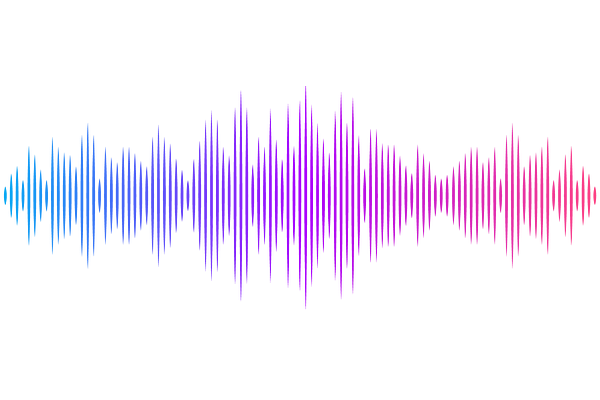Injectable Immune-Engineered Hydrogel Niche Remote From The Immune Suppressed Tumor Microenvironment For Cancer Immunotherapy

Injectable Immune-Engineered Hydrogel Niche Remote From The Immune Suppressed Tumor Microenvironment For Cancer Immunotherapy
Muhammad, S. N.; Zakariya, Z. T.; Shaji, S.; Sunilkumar, A. K.; George, A.; Radhakrishnan, S. P.; Nair, S. V.; Koyakutty, M.
AbstractImmunocompromise is a hallmark of cancer, affecting both the peripheral immune system and local tumor microenvironment (TME). Current immunotherapies like checkpoint inhibitors, CAR-T cells, and neo-antigen vaccines show limited efficacy due to severe immunosuppression in most patients. Here, we report an immunologically engineered injectable nano-hydrogel (iHG) that can: (i) recruit the desired set of immune cells away from the suppressed TME and peripheral organs, (ii) activate them within a protective ambit of engineered immune-stimulatory hydrogel niche, and (iii) release them to target cancer even in distant locations. Biodegradable and injectable iHG compositions were tested and optimized for their ability to attract and activate dendritic cells, macrophages, monocytes, NK cells, B cells, and T cells via STING, TLR, CD86, and Th1-polarized cytokine pathway without requiring exogenously introduced neo-antigens as vaccines. In a mouse melanoma model, optimized iHGs elicited a robust antitumor immune response through innate and adaptive arms. Most importantly, iHGs as a single agent immunomodulator exhibited better tumor control than when combined with anti-PD1 immune checkpoint antibody. These findings highlight the potential of engineering immunologically functional and injectable hydrogel niches as a new type of immunotherapeutics to reprogram immune cells to overcome both local and systemic immunosuppression and combat cancer effectively.